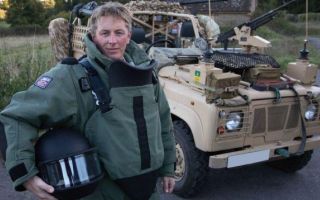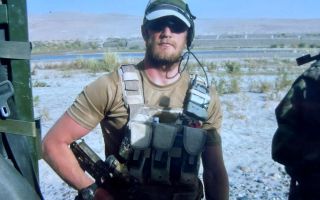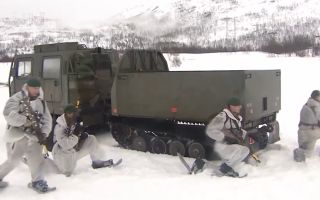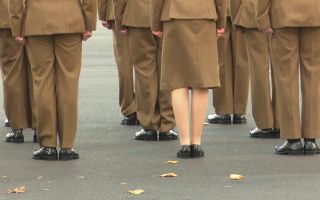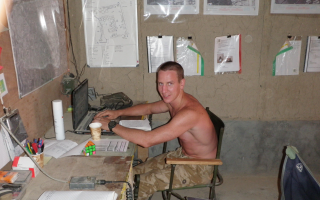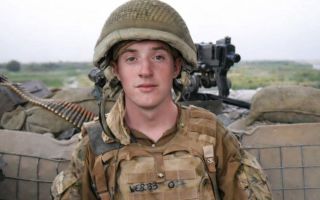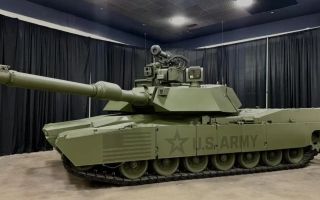Covering public sector strikes means Army not doing 'day job' and 'skills are running down', Army chief says
The head of the British Army has told Forces News covering public service strikes means troops are not doing the "day job" and it sees skills "running down".
General Sir Patrick Sanders said helping the country and responding to Military Aid to Civil Authorities (Maca) requests is what "an Army's for" but said it is a "challenge to sustain [the Army's] professional ability".
"These are young soldiers who are not on high rates of pay and haven't had pay rises," he said.
"But, ultimately, that's what the Government wants to use us for, that's why we're here."
It has been confirmed that 1,200 military personnel will be used to cover striking ambulance and Border Force staff in the coming weeks.
And while General Sir Patrick said some of his most "remarkable memories" are from serving over the festive period, he said he is "very conscious" personnel won't be at home.
"I just want to reassure you that you may be out of sight but you are very much in our mind and in our prayers.
"I want to express my gratitude to all of you for the dedication, the service and the commitment you are showing and to thank you for taking time away from your family to serve your country.
It is not just British Army personnel set to miss out on Christmas with their families
Air Chief Marshal Sir Mike Wigston, head of the RAF, said the service also has "several hundred people who have been notified that they may be needed" to cover the strikes.
"We've already trained several hundred alongside the Navy and the Army and it's something that we're ready to do," he said.
"Because we need the country to keep moving, we need our borders and ports kept open, we need… emergency services to continue running and we recognise the role that we play as the Armed Forces."
Air Chief Marshal Sir Mike also said the service has "thousands of people in the UK and overseas who will be on duty this Christmas", separate from those covering the strikes.
"Whilst we've now had the additional burden of supporting other parts of Government and public services, this is something that we have to face every Christmas and New Year, that some of our people will not be home with their family, friends and loved ones."
The Navy are also set to help the country deal with industrial action, and the head of the Royal Navy told Forces News the service takes "great pride" in helping the nation.
Admiral Sir Ben Key added MACA requests "are not unfamiliar" to the Navy.
"The commitments have already been made to support through Border Force and working alongside ambulance crews and driving ambulances.
"I know that the sailors and marines, like the soldiers and the aviators who have also been brought to readiness for this, will undertake those tasks with discipline, with professionalism and with cheerfulness."
It comes after Conservative back-bencher Jacob Rees-Mogg told BBC Radio 4's Westminster Hour, the job of the military is to "do what they're told by the civilian authorities".
MP Jacob Rees-Mogg has said this in response to the head of the Armed Forces saying personnel should not be used as the "ultimate backstop" to cover striking public sector workers this Christmas.
"I'm a bit worried about senior military figures sounding off on their opinion," Mr Rees-Mogg said.
"The military are not there to be making political statements about what they will or won't do, that should be carried out in private."

